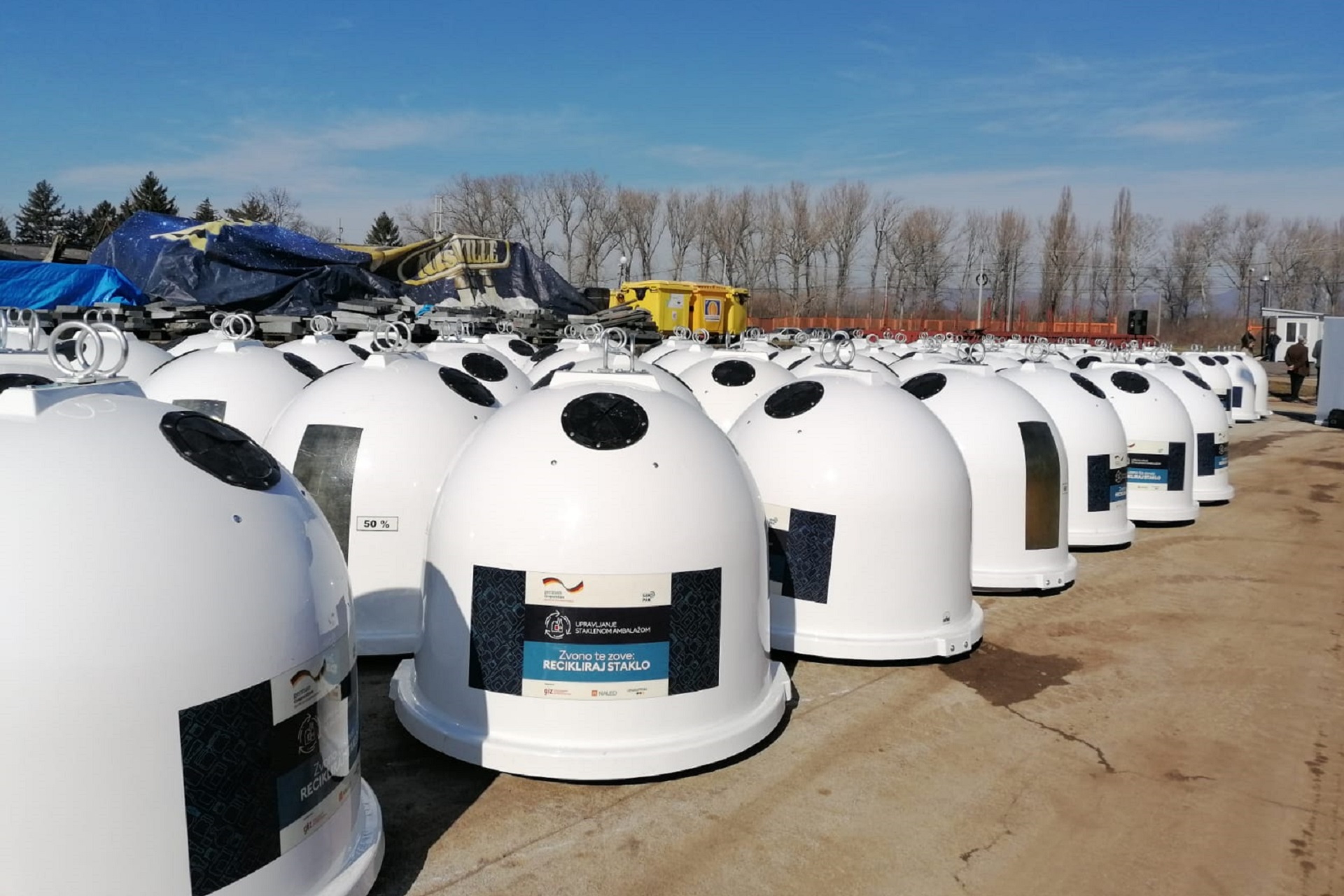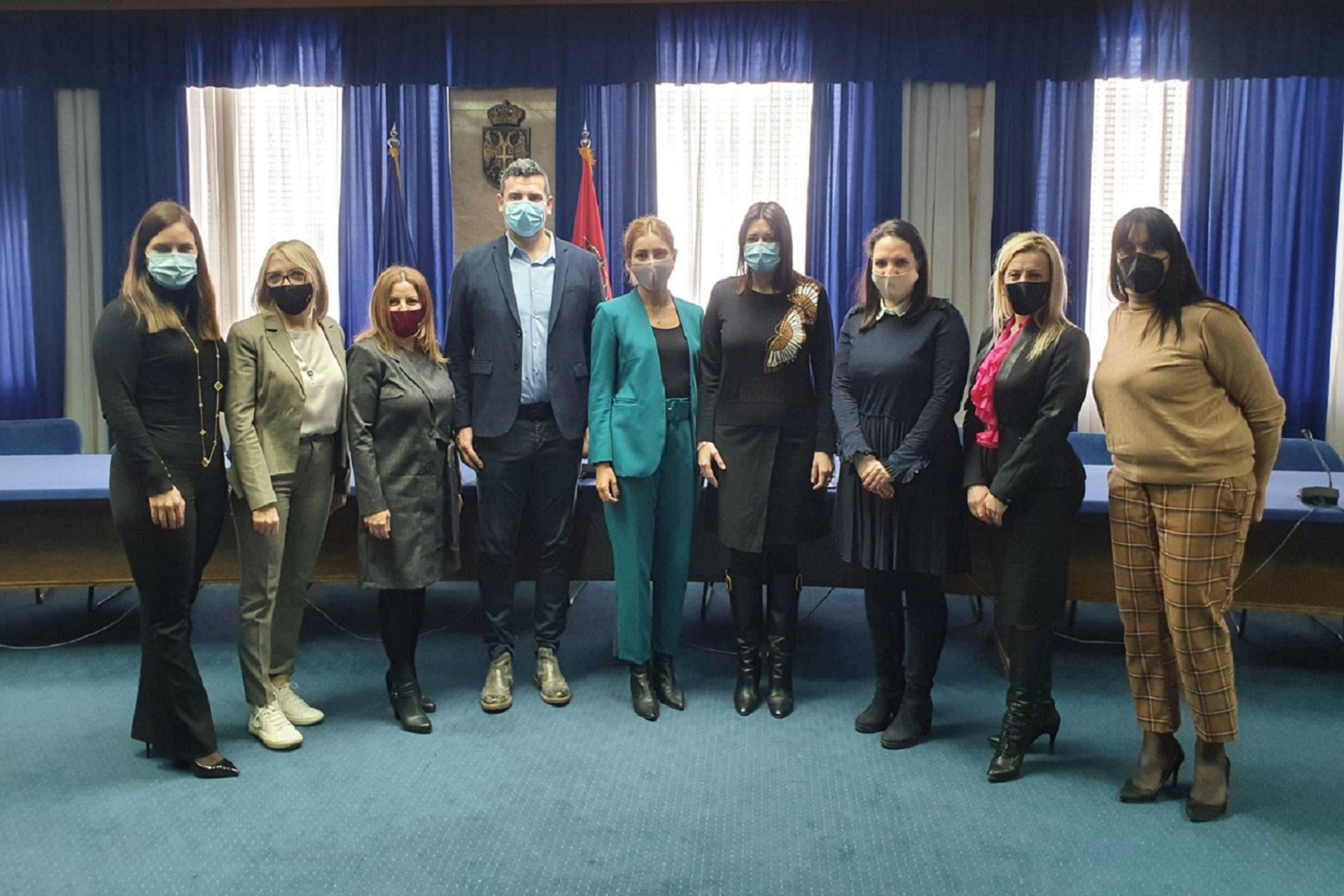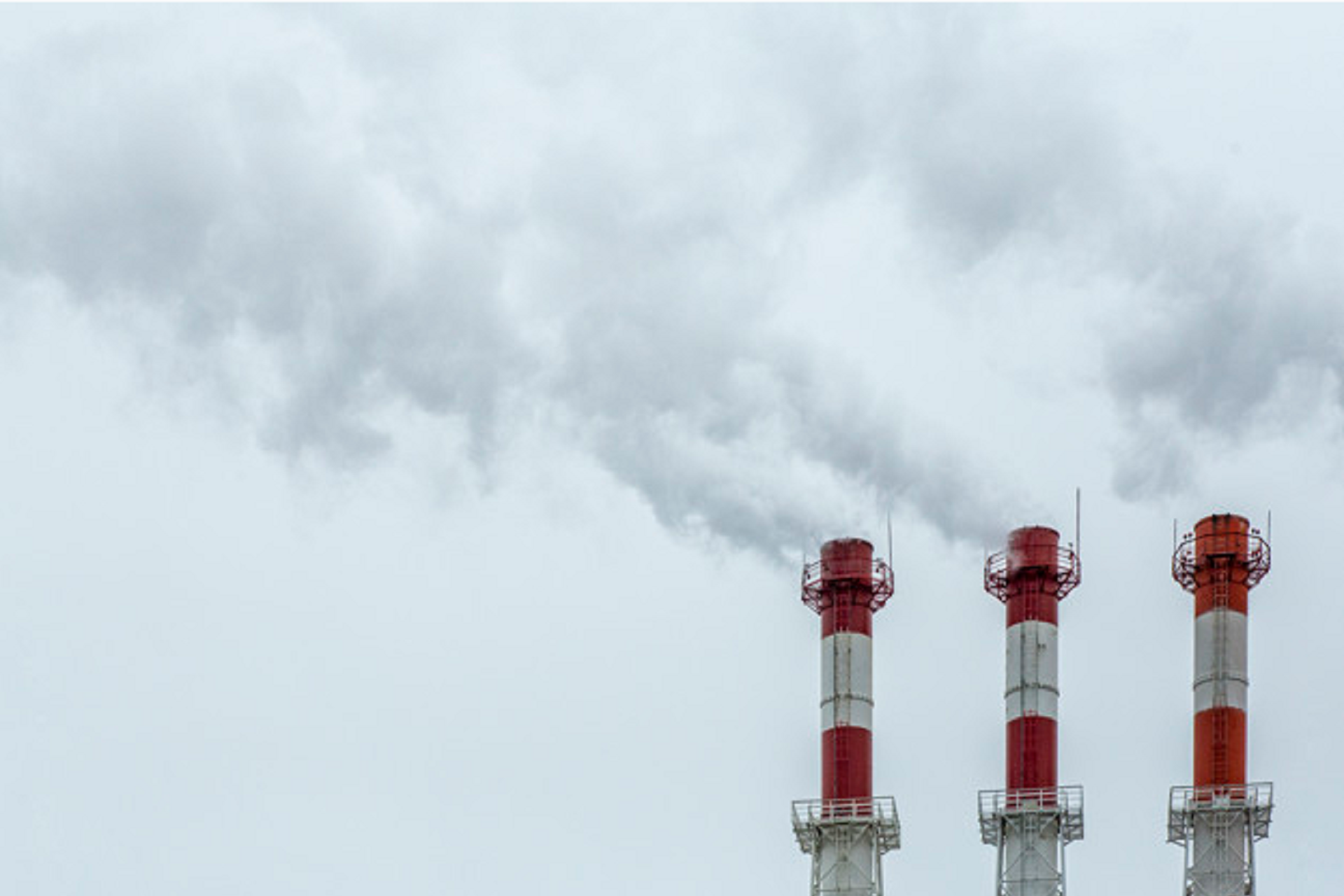The regional glass packaging management project has been expanded
After 1,000 glass packaging recycling containers started arriving in the region in December, the glass packaging management project in the Western Balkans was expanded to eight more municipalities in Serbia, North Macedonia and Bosnia and Herzegovina.
In addition to Sombor, Niš, Bihać, Novi Travnik, Štip and Ilinden, the containers will now also be distributed in Kragujevac, Varvarin, Konjic, Ilidža, Skopje, Bitolj, Đeveđlija and Tetovo. The complete equipment will be installed by the end of March, in the city cores, catering facilities, and in the suburbs.
One of the main goals of the project, launched by the German Organization for International Cooperation - GIZ, in cooperation with packaging waste operators - Sekopak, Pakomak and Ekopak, is to increase the amount of collected glass packaging in these municipalities by 20% and achieve profitability of glass recycling. With the financial support of Apatin Brewery and German Development Cooperation, in the total value of 300,000 euros, Sekopak and NALED will allocate 300 recycling containers to Niš, 150 to Sombor, 120 to Kragujevac, while the citizens of Varvarin will have 30 containers at their disposal.
"By expanding the project to new municipalities, more than 500,000 citizens of Serbia, i.e.1.5 million in three countries, will get the opportunity to dispose of used glass packaging in recycling containers, near their homes, and thus contribute to environmental protection. All glass packaging waste is recyclable - glass bottles, jars, glass bottles used for cosmetics and perfumes – all of these can be disposed in containers. However, it should be borne in mind that some types of glass, such as automotive, laboratory, refractory glass, or mirrors, are not suitable for recycling, and the disposal of such material should be avoided. Certainly, in parallel with the installation of containers, public education on the importance of recycling will be conducted", explains Violeta Belanović Kokir, General Director of Sekopak.
Only 44% of glass packaging is recycled in Serbia, 30% in Northern Macedonia, and 12% in Bosnia and Herzegovina, which is insufficient to establish a cost-effective recycling system in the Western Balkans. Since there are no recycling plants in the region, glass packaging must be exported and this is an additional cost for packaging waste operators, and the consequence of such a system is that most used glass packaging ends up in landfills or illegal dumps, where glass needs more of 5,000 years to disintegrate.
Within the project, a Guide for establishing an efficient and economically viable glass packaging management system will be prepared for local governments, and the project aims to contribute to better implementation of environmental laws and regulations, which further helps Serbia’s EU accession and harmonization of rules and regulations.
The project is implemented in Serbia, North Macedonia and Bosnia and Herzegovina, within the development cooperation program with the private sector - develoPPP.de funded by the German Federal Ministry for Economic Cooperation and Development, and implemented by NALED, Regional Development Agency of Herzegovina (REDAH) and Association of Local Government Units (ZELS) from Northern Macedonia.



